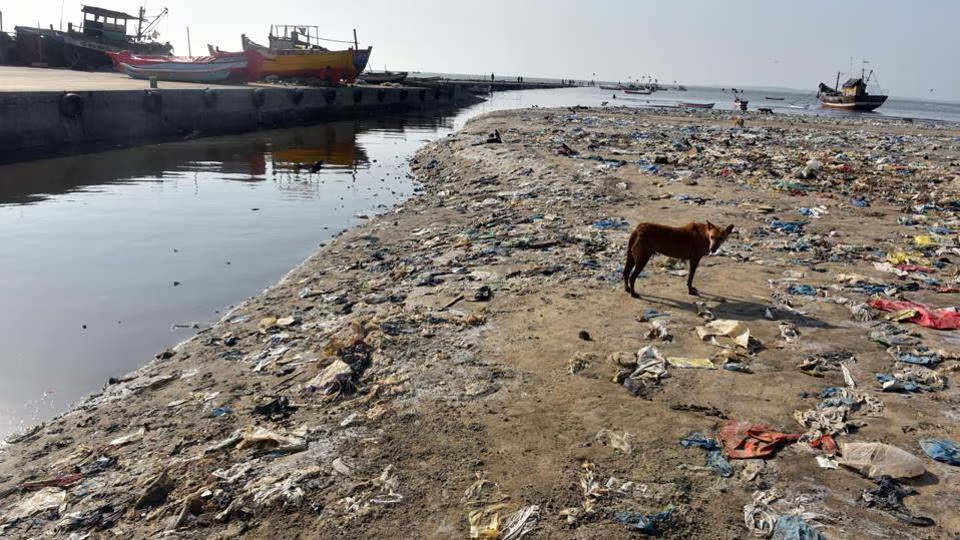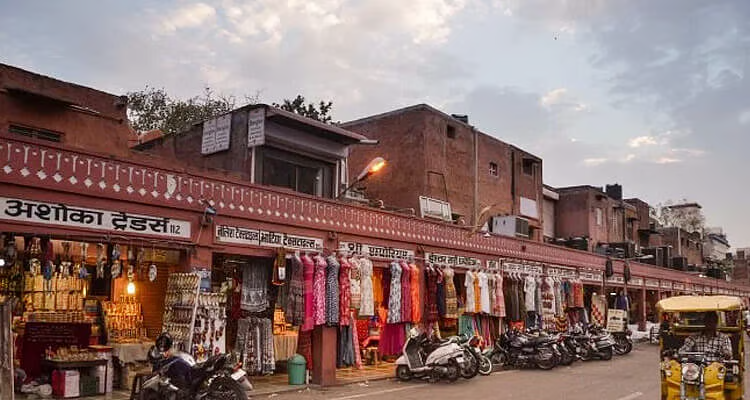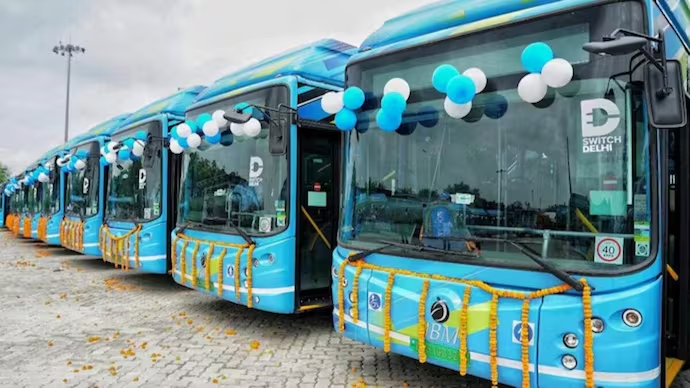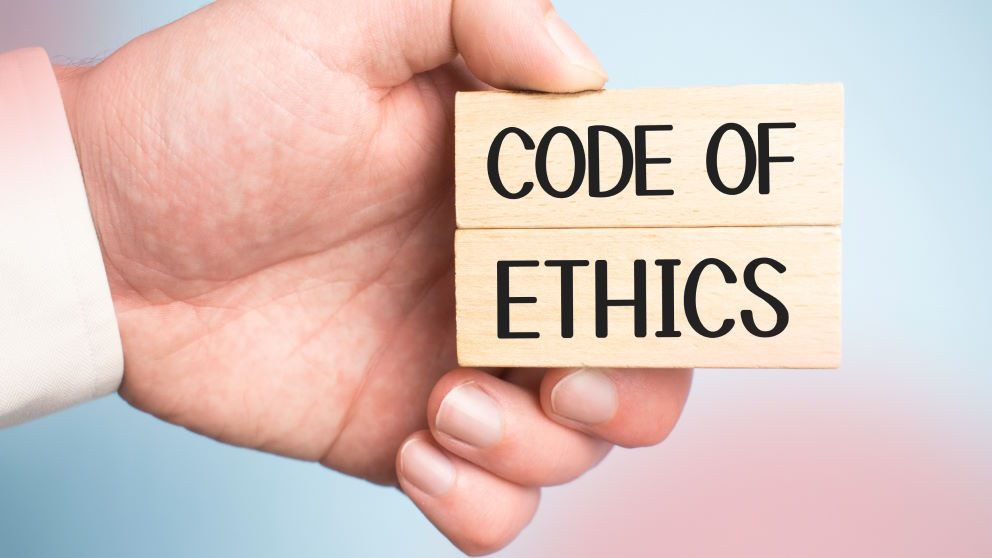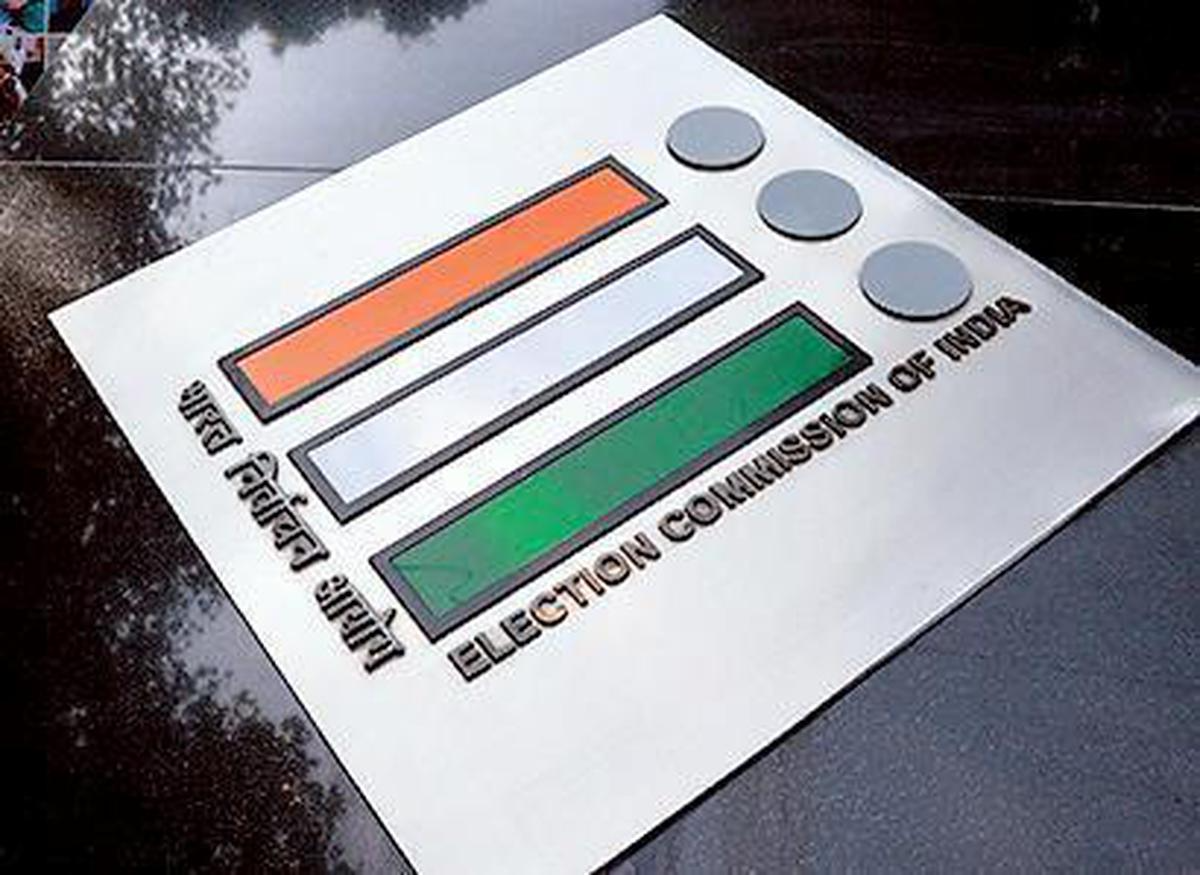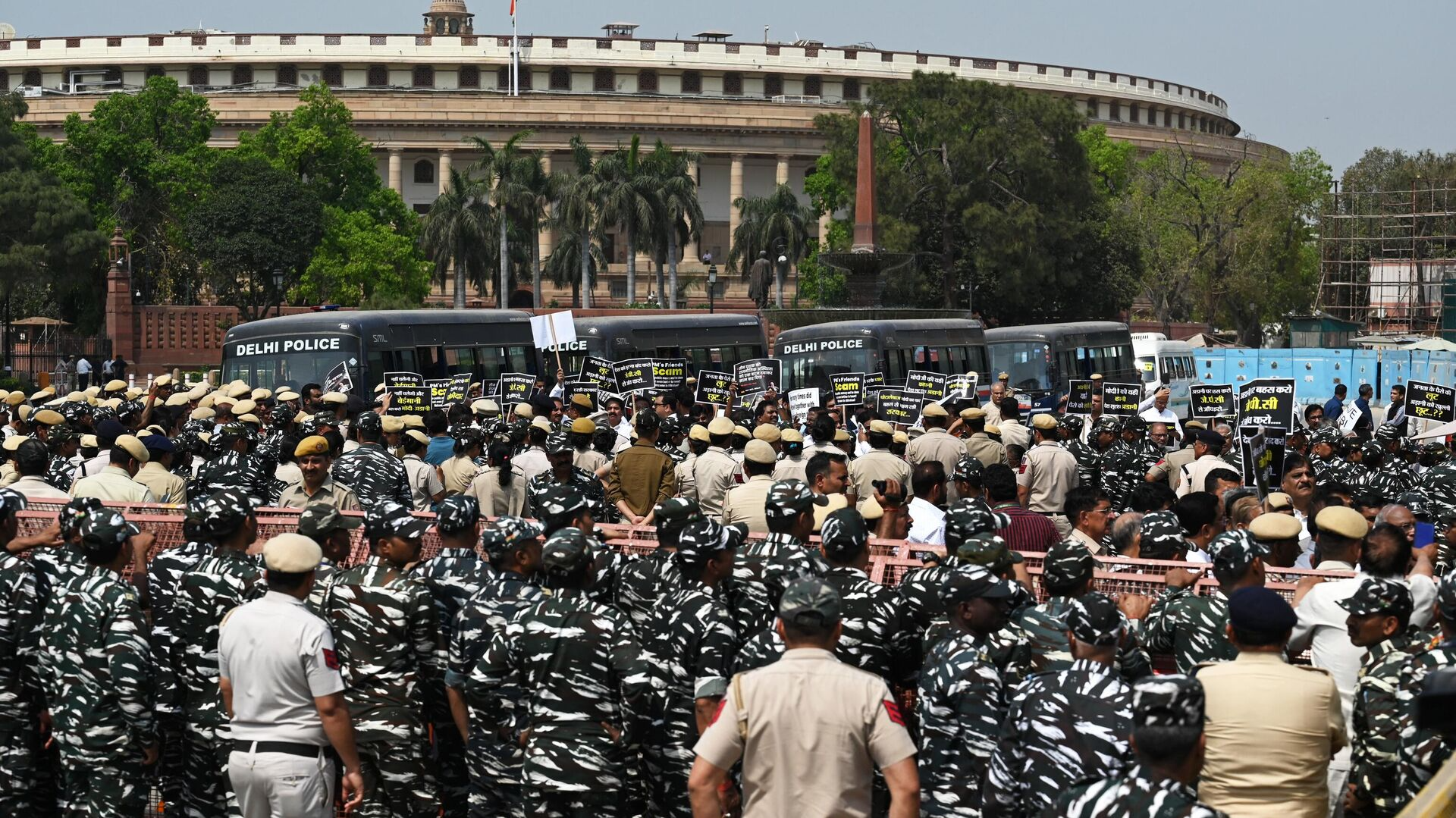Kochi Water Metro Adds New Route
Posted On July 11, 2025
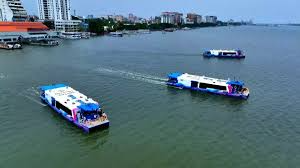
Kochi Water Metro, India's pioneering water-based mass rapid transit system, has significantly expanded its network, adding a crucial new route to enhance connectivity across its picturesque backwaters. While the system was first inaugurated in April 2023 with routes like High Court to Vypin and Vyttila to Kakkanad, the year 2024 and early 2025 have seen a determined push by the Kochi Metro Rail Limited (KMRL), which oversees the Water Metro, to operationalize more terminals and routes, incrementally realizing its ambitious vision for integrated urban mobility. This latest addition is a testament to the project's growing success and its impact on the daily lives of island communities and the city's burgeoning tourism sector.
The Kochi Water Metro is a groundbreaking initiative designed to connect 10 island communities with the Ernakulam mainland, spanning a total distance of 78 km with 38 boat jetties and an eventual fleet of 78 fast hybrid electric ferries. It is a vital component of Kochi's multimodal transport system, aiming to decongest roads, reduce travel time, and offer a sustainable and environmentally friendly commuting alternative. The project is primarily funded by the German funding agency KfW and the Government of Kerala, reflecting international recognition of its innovative and eco-friendly approach.
The most recent significant expansion, a major highlight in early 2025, has been the launch of the Eloor to High Court service, which commenced operations on April 7, 2025. This new route fulfills a long-standing demand for direct transport from the industrial and residential hub of Eloor to the city center, specifically the High Court area. Previously, commuters from Eloor often faced the inconvenience of transferring ferries, typically taking one boat from Eloor to South Chittoor and then another to reach the city. The new direct service dramatically streamlines their commute, offering a more convenient and time-saving option. This route integrates well with the earlier inauguration of terminals like South Chittoor, Cheranalloor, Mulavukad, and Eloor itself, which took place in March 2024.
This new Eloor-High Court route further complements the existing operational routes, which include-
High Court to Vypin- One of the inaugural routes, offering convenient access between the city center and the popular island of Vypin. This 5.6 km route has been operational since April 2023 and is vital for daily commuters and tourists visiting beaches and recreational centers.
Vyttila to Kakkanad (Infopark)- This route, operational since February 2021 (for trials and then fully by April 2023), serves the IT and commercial hub of Kakkanad, providing a crucial link for professionals working in Infopark and surrounding areas.
South Chittoor to High Court (via Bolgatty and Mulavukad North)- Inaugurated in March 2024, this route expanded connectivity to islands north of the city center.
South Chittoor to Cheranalloor (via Eloor)- Also launched in March 2024, this route further solidified connectivity within the northern network.
Mattancherry Route (from April 2025)- Though details on the exact operational launch are still emerging, plans were set for the Kochi Water Metro service to commence from Mattancherry in April 2025. This route, once fully operational, will be the sixth major route, enhancing connectivity to the historic town of Mattancherry, known for its cultural heritage and tourist attractions. This service is expected to include a stop at Willingdon Island, a key logistical hub.
The boats deployed on the Kochi Water Metro are a significant highlight of the project. These are state-of-the-art, air-conditioned, battery-operated electric hybrid catamarans, designed by Cochin Shipyard Limited. They come in two variants, with capacities of 50 and 100 passengers, though primarily the 100-passenger boats have been manufactured and are currently in service. These vessels are notable for their-
Eco-friendliness- With electric-hybrid propulsion, they produce zero emissions and minimal noise, significantly reducing the carbon footprint compared to traditional diesel ferries.
Energy Efficiency- Operating at an optimal speed of about 15 kilometers per hour, these boats are designed for energy conservation.
Accessibility- Both the boats and the terminals are fully disabled-friendly, equipped with features like ramps and floating pontoons that maintain level with the boat decks regardless of tide variations, ensuring seamless boarding and deboarding for all passengers.
Safety Features- Equipped with radars, thermal cameras (for night travel), Automatic Identification Systems (AIS), and Passenger Counting Systems (PCS) at terminals to prevent overcrowding, ensuring a safe journey.
Comfort- The boats are fully air-conditioned and offer Wi-Fi connectivity, enhancing the commuting experience.
The impact of the expanding Kochi Water Metro network is already profound. For the island communities, it has brought unprecedented connectivity to the mainland, significantly reducing travel times and costs for daily commutes related to work, education, healthcare, and commerce. This improved accessibility is expected to spur socio-economic development in these previously underserved areas. For tourism, the Water Metro offers a unique and scenic way to explore Kochi's backwaters, connecting popular tourist spots like Fort Kochi, Mattancherry, and various islands. This enhances the overall tourist experience, potentially leading to increased visitor numbers and economic benefits for local businesses.
Furthermore, the Water Metro contributes to reduced road congestion and pollution in the city, providing a viable alternative to road transport, especially for inter-island movement. It fosters an integrated urban transport network, seamlessly connecting with the Kochi Metro Rail and bus services, promoting walkability and multi-modal transit. By leveraging the natural waterways, the project also highlights a commitment to environmental sustainability and serves as a model for other Indian cities with extensive water bodies.
While the project is envisioned to be fully operational by 2035 with all 16 planned routes and 38 terminals, the phased completion and the continuous addition of new routes like Eloor to High Court demonstrate steady progress. As more electric-hybrid boats are added to the fleet (currently 19 boats are operational, with more expected), and further terminals are commissioned, the Kochi Water Metro is steadily transforming urban mobility, making Kochi a more connected, sustainable, and livable city.
The Kochi Water Metro is a groundbreaking initiative designed to connect 10 island communities with the Ernakulam mainland, spanning a total distance of 78 km with 38 boat jetties and an eventual fleet of 78 fast hybrid electric ferries. It is a vital component of Kochi's multimodal transport system, aiming to decongest roads, reduce travel time, and offer a sustainable and environmentally friendly commuting alternative. The project is primarily funded by the German funding agency KfW and the Government of Kerala, reflecting international recognition of its innovative and eco-friendly approach.
The most recent significant expansion, a major highlight in early 2025, has been the launch of the Eloor to High Court service, which commenced operations on April 7, 2025. This new route fulfills a long-standing demand for direct transport from the industrial and residential hub of Eloor to the city center, specifically the High Court area. Previously, commuters from Eloor often faced the inconvenience of transferring ferries, typically taking one boat from Eloor to South Chittoor and then another to reach the city. The new direct service dramatically streamlines their commute, offering a more convenient and time-saving option. This route integrates well with the earlier inauguration of terminals like South Chittoor, Cheranalloor, Mulavukad, and Eloor itself, which took place in March 2024.
This new Eloor-High Court route further complements the existing operational routes, which include-
High Court to Vypin- One of the inaugural routes, offering convenient access between the city center and the popular island of Vypin. This 5.6 km route has been operational since April 2023 and is vital for daily commuters and tourists visiting beaches and recreational centers.
Vyttila to Kakkanad (Infopark)- This route, operational since February 2021 (for trials and then fully by April 2023), serves the IT and commercial hub of Kakkanad, providing a crucial link for professionals working in Infopark and surrounding areas.
South Chittoor to High Court (via Bolgatty and Mulavukad North)- Inaugurated in March 2024, this route expanded connectivity to islands north of the city center.
South Chittoor to Cheranalloor (via Eloor)- Also launched in March 2024, this route further solidified connectivity within the northern network.
Mattancherry Route (from April 2025)- Though details on the exact operational launch are still emerging, plans were set for the Kochi Water Metro service to commence from Mattancherry in April 2025. This route, once fully operational, will be the sixth major route, enhancing connectivity to the historic town of Mattancherry, known for its cultural heritage and tourist attractions. This service is expected to include a stop at Willingdon Island, a key logistical hub.
The boats deployed on the Kochi Water Metro are a significant highlight of the project. These are state-of-the-art, air-conditioned, battery-operated electric hybrid catamarans, designed by Cochin Shipyard Limited. They come in two variants, with capacities of 50 and 100 passengers, though primarily the 100-passenger boats have been manufactured and are currently in service. These vessels are notable for their-
Eco-friendliness- With electric-hybrid propulsion, they produce zero emissions and minimal noise, significantly reducing the carbon footprint compared to traditional diesel ferries.
Energy Efficiency- Operating at an optimal speed of about 15 kilometers per hour, these boats are designed for energy conservation.
Accessibility- Both the boats and the terminals are fully disabled-friendly, equipped with features like ramps and floating pontoons that maintain level with the boat decks regardless of tide variations, ensuring seamless boarding and deboarding for all passengers.
Safety Features- Equipped with radars, thermal cameras (for night travel), Automatic Identification Systems (AIS), and Passenger Counting Systems (PCS) at terminals to prevent overcrowding, ensuring a safe journey.
Comfort- The boats are fully air-conditioned and offer Wi-Fi connectivity, enhancing the commuting experience.
The impact of the expanding Kochi Water Metro network is already profound. For the island communities, it has brought unprecedented connectivity to the mainland, significantly reducing travel times and costs for daily commutes related to work, education, healthcare, and commerce. This improved accessibility is expected to spur socio-economic development in these previously underserved areas. For tourism, the Water Metro offers a unique and scenic way to explore Kochi's backwaters, connecting popular tourist spots like Fort Kochi, Mattancherry, and various islands. This enhances the overall tourist experience, potentially leading to increased visitor numbers and economic benefits for local businesses.
Furthermore, the Water Metro contributes to reduced road congestion and pollution in the city, providing a viable alternative to road transport, especially for inter-island movement. It fosters an integrated urban transport network, seamlessly connecting with the Kochi Metro Rail and bus services, promoting walkability and multi-modal transit. By leveraging the natural waterways, the project also highlights a commitment to environmental sustainability and serves as a model for other Indian cities with extensive water bodies.
While the project is envisioned to be fully operational by 2035 with all 16 planned routes and 38 terminals, the phased completion and the continuous addition of new routes like Eloor to High Court demonstrate steady progress. As more electric-hybrid boats are added to the fleet (currently 19 boats are operational, with more expected), and further terminals are commissioned, the Kochi Water Metro is steadily transforming urban mobility, making Kochi a more connected, sustainable, and livable city.

